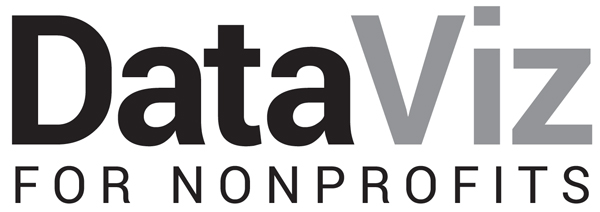People and organizations have ideas about what leads to what. We are aware of some of these ideas. But others are so ingrained that we mistake them for facts of life.
Psychologists call the visible ideas explicit theories and the invisible ones implicit theories. Both explicit and implicit theories affect how we perceive and act in the world. If, for example, we believe—either explicitly or implicitly--that hard work leads to success, we are more likely to perceive evidence that supports our theory (aka confirmation bias) and to work hard ourselves and encourage it in our offspring, clients, and employees.
If this idea is explicit, then we are more likely to examine it, compare it to the ideas of others, and even test it. However, if it’s implicit, then it will probably never occur to us to examine it because we are not fully aware that we believe it or that things could be any other way. (For more on implicit and explicit theories, check out this.)
Implicit theories also affect what data we gather and use. If we have an implicit hard work theory, we might gather data to assess what type of work or effort is most likely to lead to success but, unless we make the implicit theory explicit, we are not likely to collect data to see if clients who put in more training hours actually had more success.
Every organization has implicit theories. Do any of these seem familiar?
Meetings make people feel included/empowered.
With more money, we could be more effective.
Special events help to cultivate new donors.
Some of these assumptions might be true, at least under certain circumstances. But no matter how data-driven we are, we are not going to collect data to test ideas we are not fully aware of.
Staff meetings are great places to listen for implicit theories. Next time your colleagues and you are discussing an issue, see if you can detect a few of them. What assumptions lie behind your assessments, decisions, and actions?
Let’s talk about YOUR data!
Got the feeling that you and your colleagues would use your data more effectively if you could see it better? Data Viz for Nonprofits (DVN) can help you get the ball rolling with an interactive data dashboard and beautiful charts, maps, and graphs for your next presentation, report, proposal, or webpage. Through a short-term consultation, we can help you to clarify the questions you want to answer and goals you want to track. DVN then visualizes your data to address those questions and track those goals.
Photo by PoL Úbeda Hervàs flickr.com/photos/polubeda/

